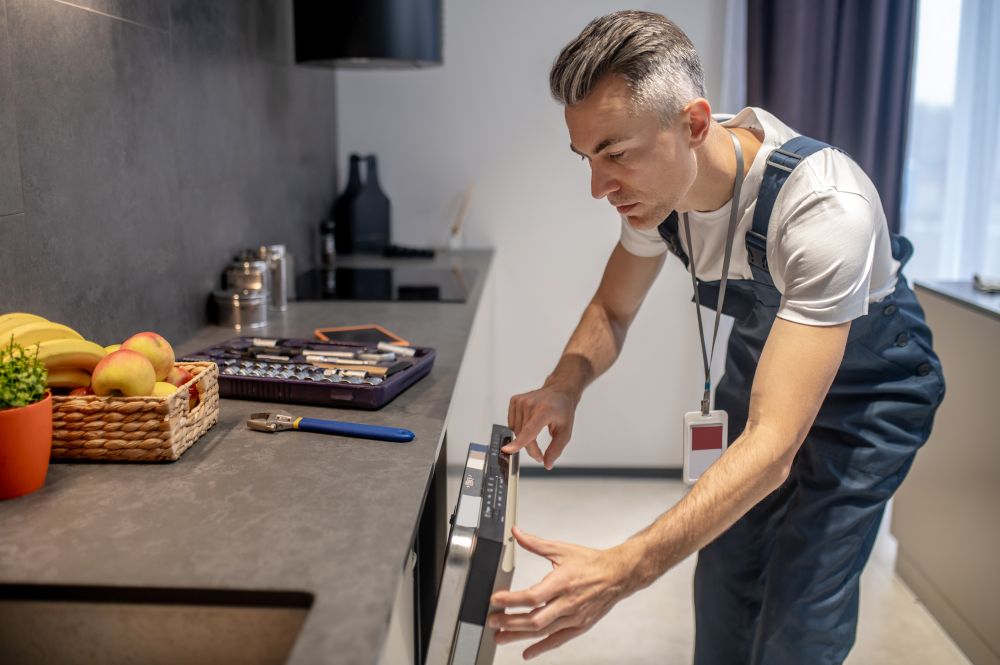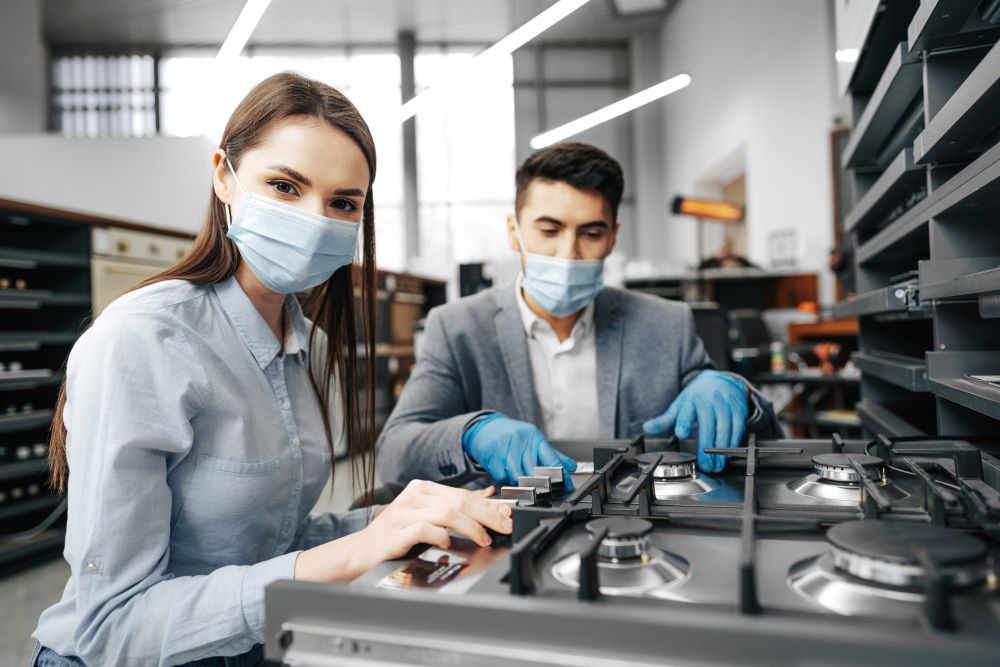When to Repair vs Replace Your Restaurant Equipment
Making a successful restaurant run is based on numerous moving components, but none are more important than your kitchen appliances. Ovens and refrigerators to fryers and dishwashers, the machinery that’s in your kitchen ensures that everything keeps going smoothly. What do you do, however, when a critical piece of machinery goes down? Do you have it repaired or replace it completely?
The right decision can save your business time, money, and unnecessary stress. Here’s how to determine when to repair and when to replace restaurant equipment.
Table of Contents
Repair If: Key Warning Signs

1. The Cost of Repair is Less Than 50% of Replacement
Foodservice rule of thumb is to repair if the cost is less than half of the new unit price.
2. The Equipment is Relatively New
If the equipment is relatively new and still in its expected life span and has not had recurring problems, a repair is probably the wiser option.
3. Minor or One-Time Issues
For issues such as a malfunctioning thermostat or a broken handle, quick fixes can bring maximum performance without a significant investment.
4. Parts are Readily Available
If parts are readily available and at a low cost, repairs are more rational than procuring a brand-new machine.
Replace If: Time for an Upgrade

1. Repair Costs Are More Than 50% of a New Unit
If repairs become prohibitive, most often it’s better to spend money on a newer, more efficient unit.
2. Frequent Breakdowns
If equipment continuously fails, it’s costing more in lost productivity and emergency repairs than it’s worth.
3. Old or Inefficient
Older technology might use more energy, drive up utility costs, and not perform as well as newer technology.
4. Parts are Obsolete or Not Available
If replacement parts aren’t available or have been discontinued, it may be time to replace it.
Tips to Make the Right Choice

- Maintenance History Tracking: Maintain records of all service calls and repairs. This allows you to assess performance over time.
- Look at the Costs of Downtime: Lengthy downtime can be damaging to your income. A swift replacement may be superior to waiting for service or parts.
- Think Ahead: Energy-saving models save money on operations and may even attract rebates.
Frequently Asked Questions
How do I know if my restaurant equipment needs repair or replacement?
Start by evaluating the age, condition, and performance of the equipment. Minor issues in newer machines often require simple repairs, while older, frequently malfunctioning items may be better off replaced.
Is it more cost-effective to repair or replace restaurant equipment?
If the repair cost is less than 50% of the replacement cost and the unit has considerable life left, repairing is the better option. If repair costs are frequent and high, replacement might save money long term.
What are the signs that my equipment should be replaced?
Repeated breakdowns
High energy bills
Outdated safety or health code compliance
Difficulty finding replacement parts
Reduced performance or productivity
Can old equipment affect food quality or safety?
Worn-out or faulty equipment can lead to inconsistent food temperatures, cooking times, or cleanliness—all of which can compromise food quality and safety.
How long does commercial kitchen equipment usually last?
Lifespans vary by type and brand:
Commercial ovens: 10–15 years
Refrigerators/freezers: 10–15 years
Dishwashers: 8–10 years
Fryers: 7–10 years
Regular maintenance can extend their life.
Should I repair or replace if a piece of equipment breaks down during service hours?
For critical items during peak times, having a backup plan is crucial. If downtime severely impacts operations, replacement might be more practical—especially if the item is already unreliable.
Can energy efficiency be a reason to replace equipment?
Newer models are designed to be more energy-efficient, which can significantly reduce utility bills and enhance sustainability efforts.
What role does manufacturer warranty play in the decision?
If the equipment is still under warranty, repairs may be covered at no cost. Always check the warranty status before deciding.
Should I consider leasing instead of buying new equipment?
Leasing can be a good option if upfront costs are an issue, or if you prefer to keep up with newer models. However, long-term ownership might be more cost-effective for core equipment.
How often should I evaluate my kitchen equipment for repair or replacement?
Schedule a comprehensive review at least once a year, or more frequently for high-use items. Preventive maintenance also helps catch issues early.


